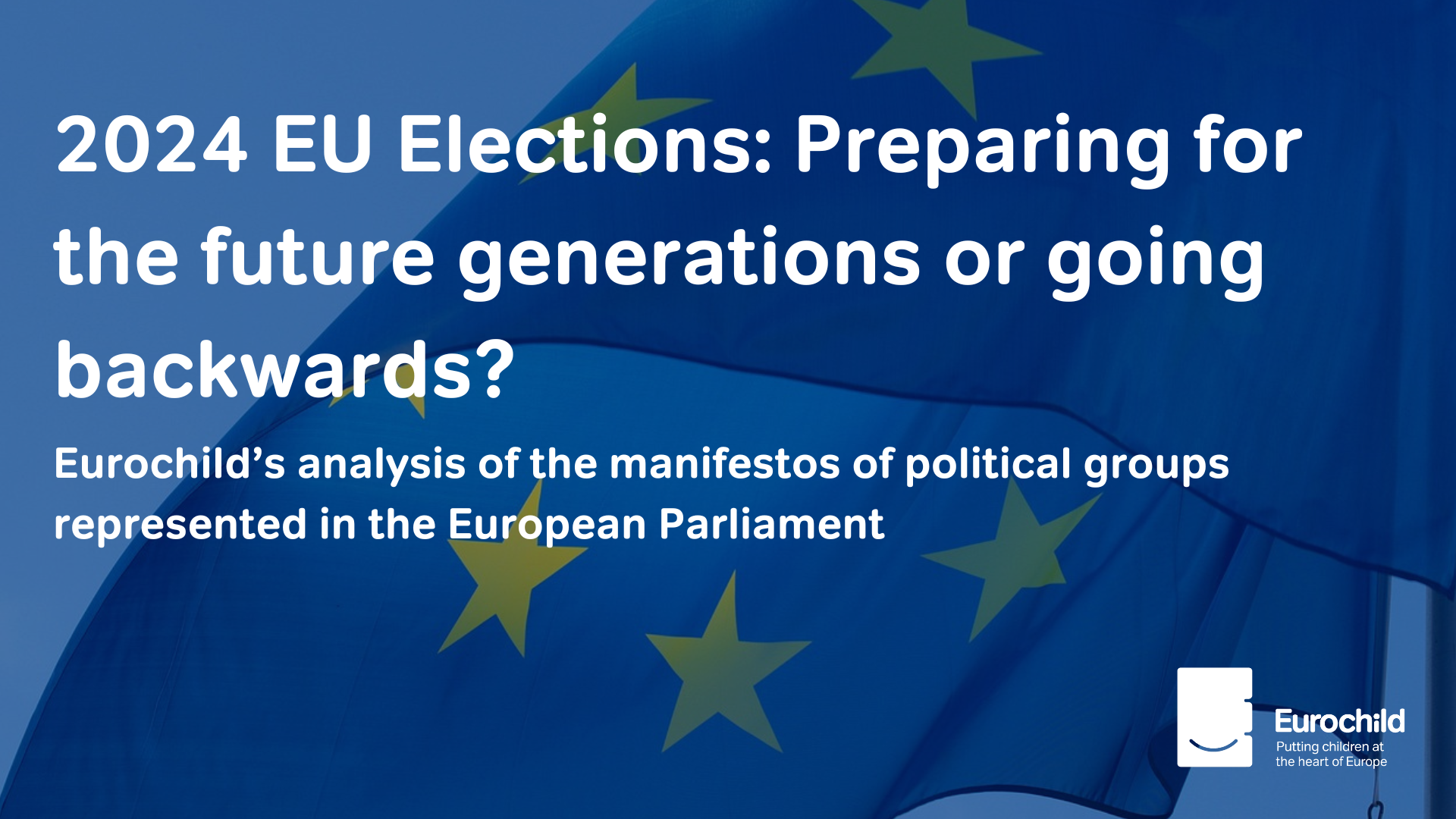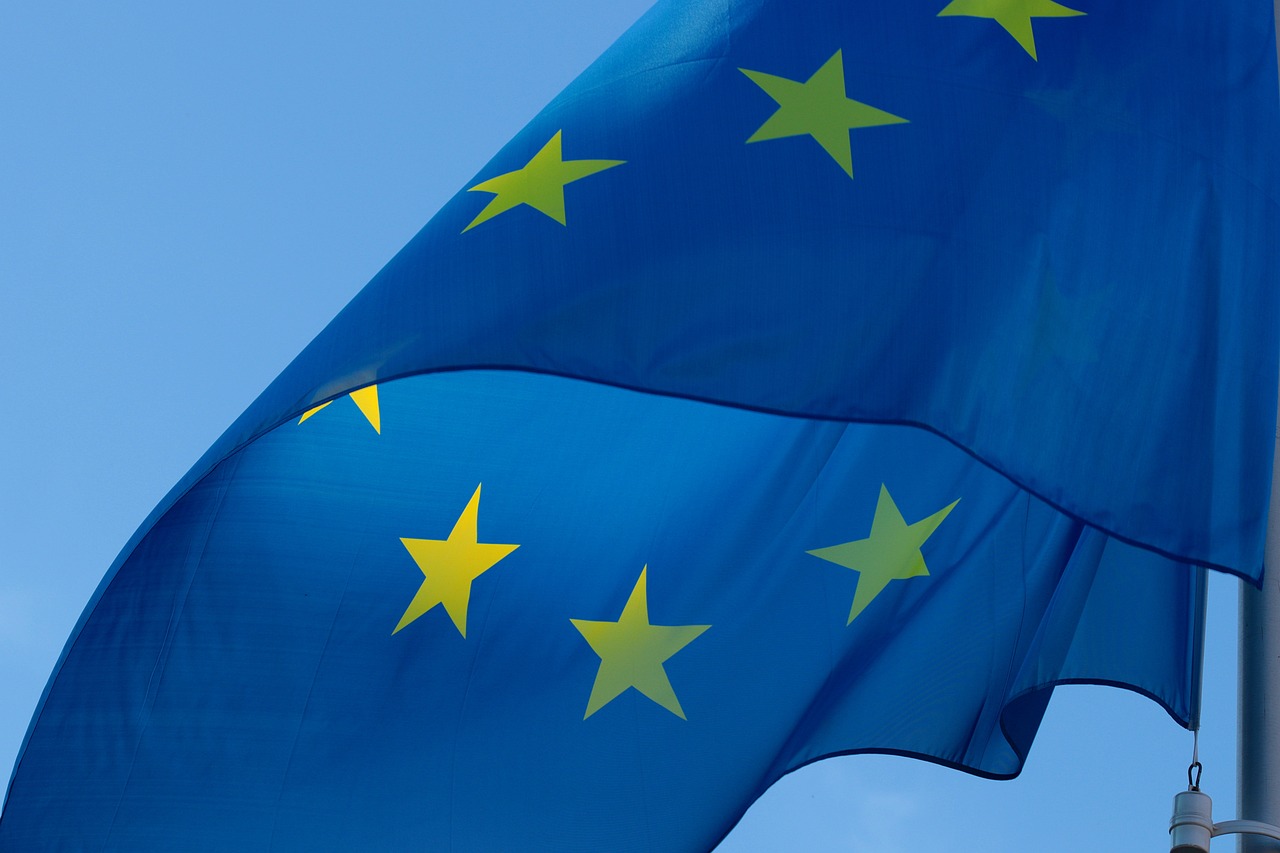Eurochild’s analysis of the manifestos of political groups represented in the European Parliament
Since June 1979, European citizens have been called to the ballot box to elect their representatives to serve in the European Parliament. It is a time of great importance, as the European Parliament has an active role in the legislation-making of the European Union. By electing the next 720 members of parliament, European citizens determine the political priorities for the next legislature, 2024-2029.
With the upcoming election, political groups are seizing the opportunity to display their political agenda for the next legislature to attract national policymakers. These agendas are demonstrated in the Manifestos, which are the main indicators of their political priorities.
The pandemic and subsequent lockdowns, followed by and coupled with the ongoing cost-of-living crisis, have exposed and exacerbated inequalities, plunging many children and families, particularly those from vulnerable backgrounds, deeper into poverty and further into social exclusion. Therefore, fighting child poverty must be a priority for future European leaders. However, the main priorities of political groups’ manifestos are built around prosperity, re-industrialisation, competitiveness and defence. Security including migration plays a significant role. To unpack this further we have analysed what political groups’ manifestos say about children.
Further information:





